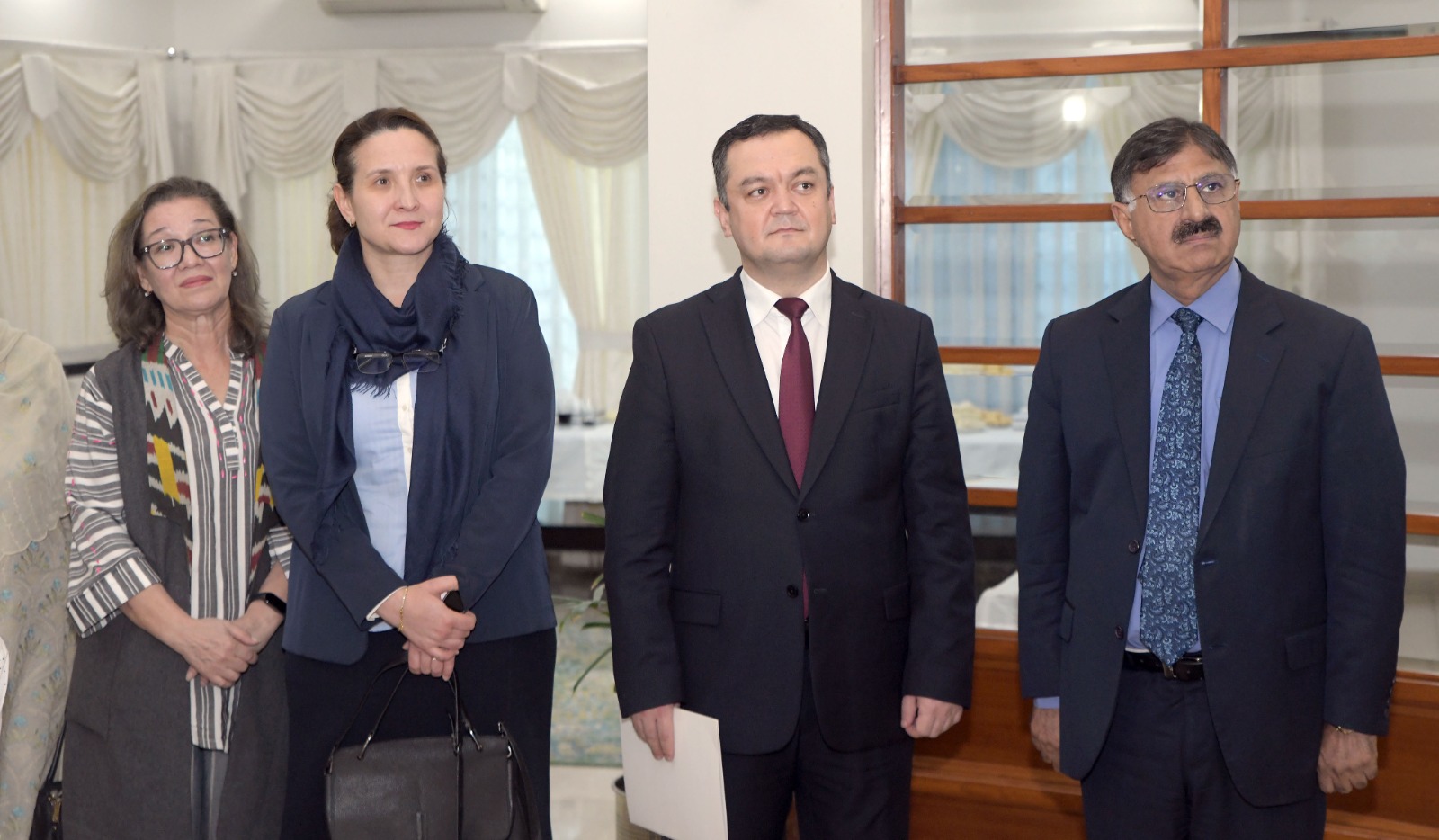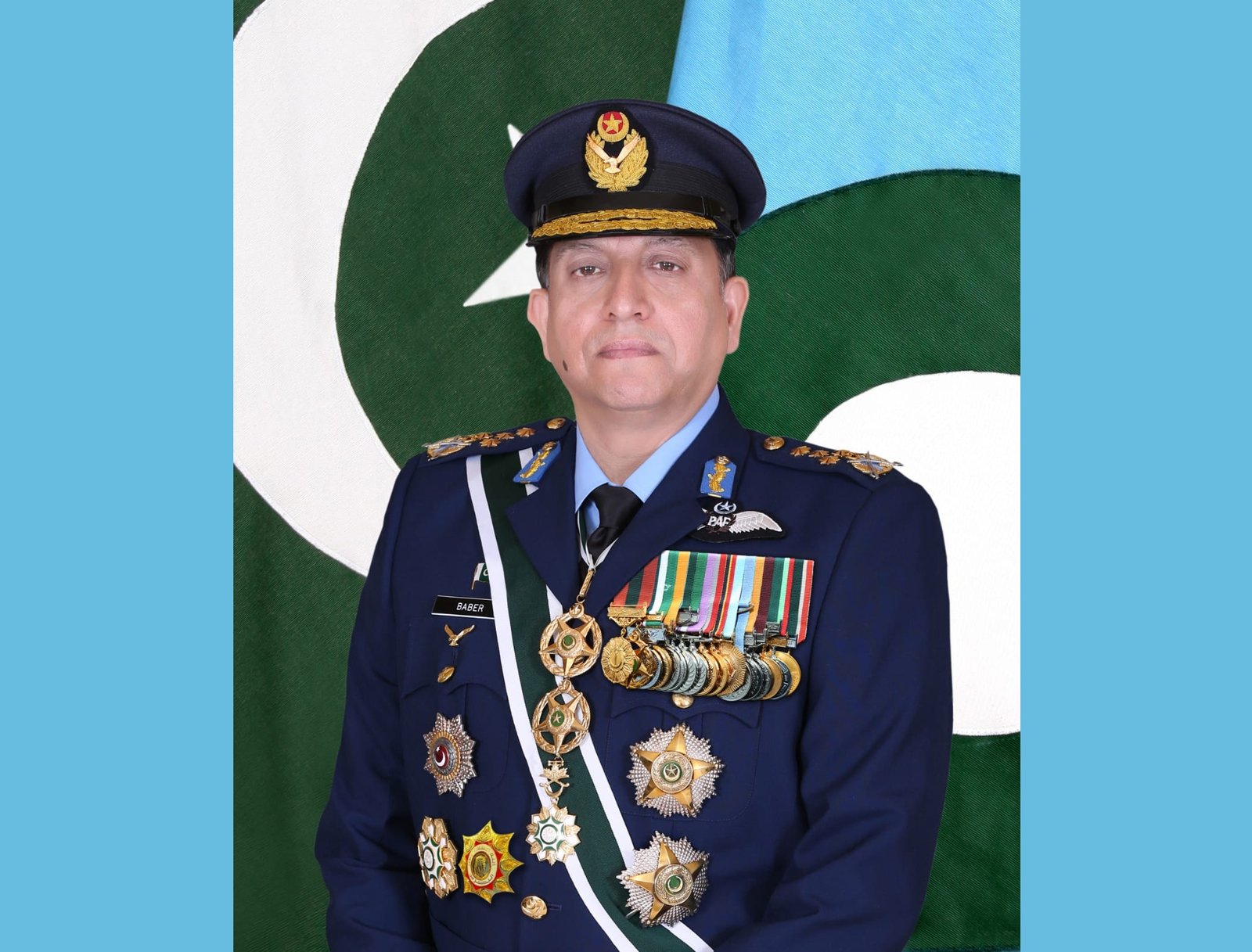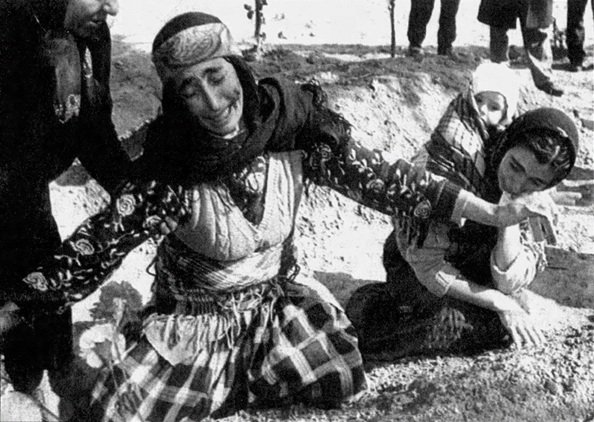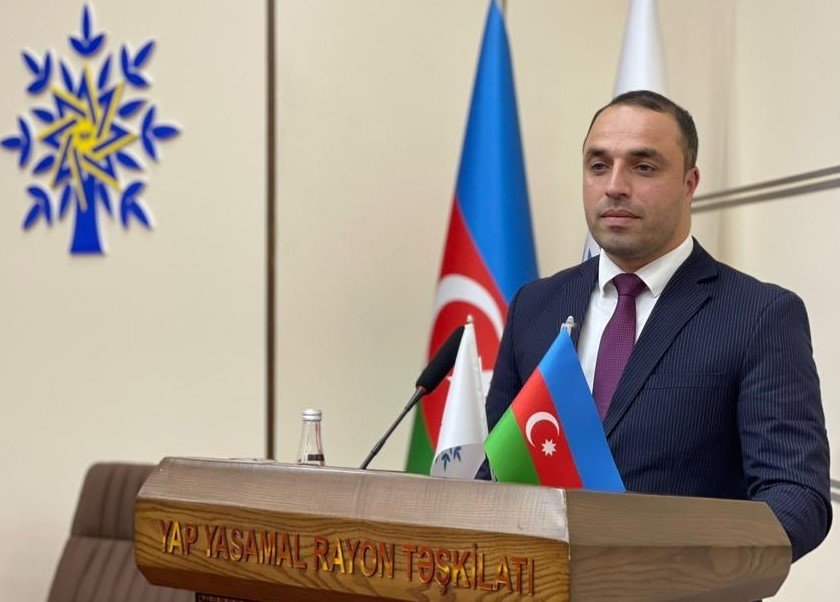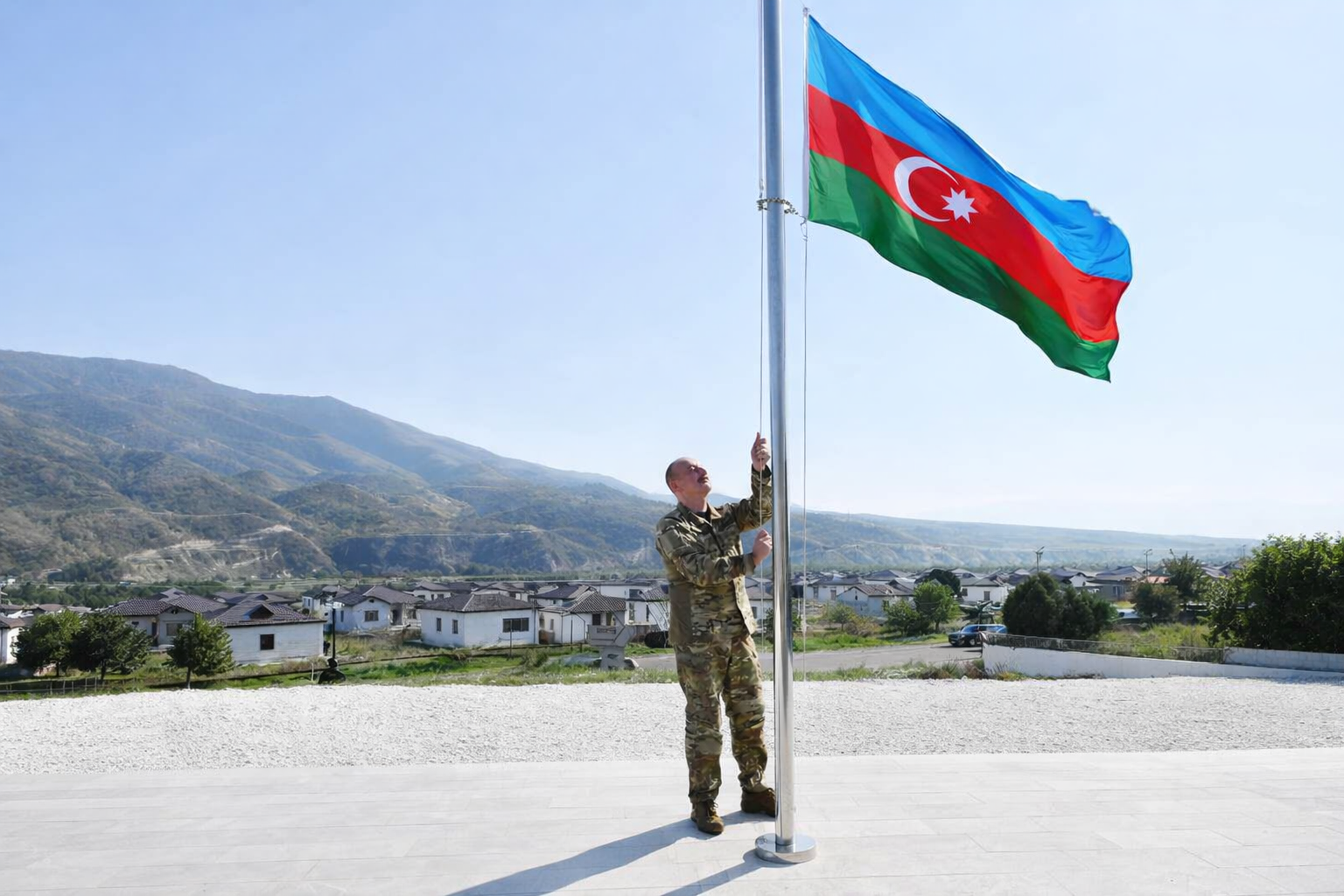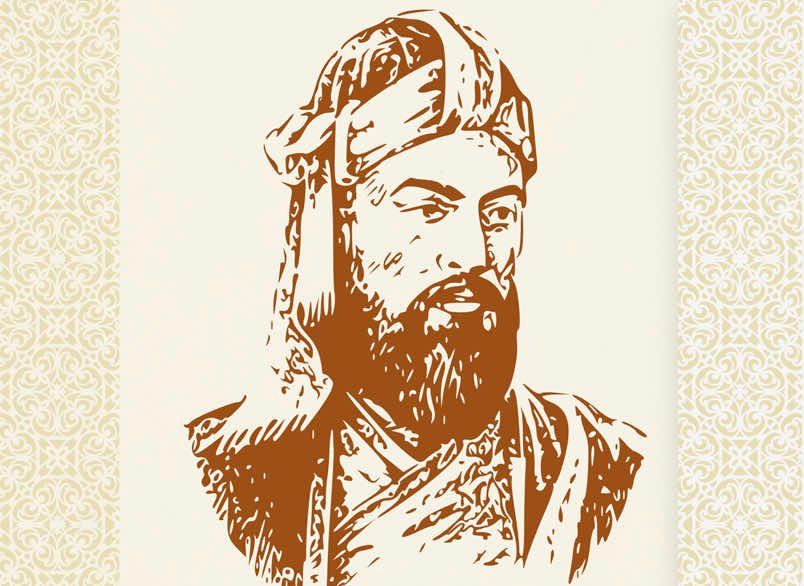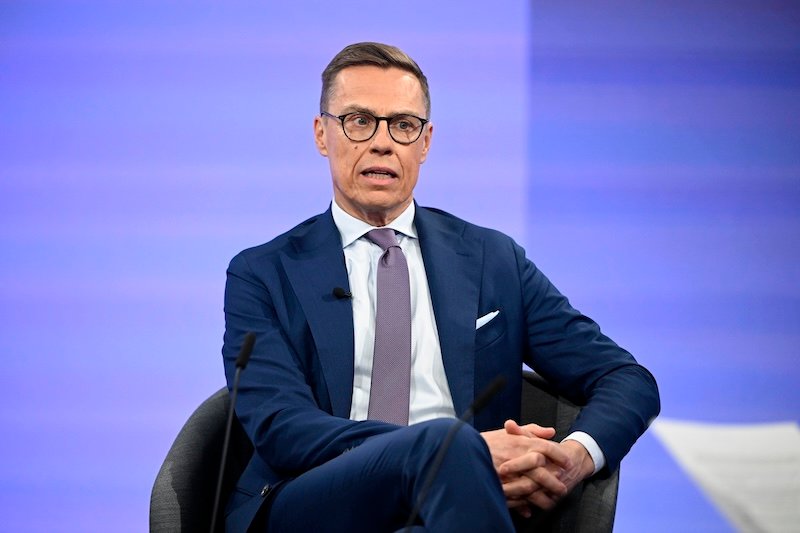Dear Professor Salim Mazhar,
Honorable Guests,
Ladies and Gentlemen,
We are delighted to welcome all of you to our Embassy. We extend our heartfelt gratitude for your participation in this event celebrating the 35th anniversary of Uzbek language was granted the status of the State Language and the 630th anniversary of the birth of the Great Statesman and Scholar – Mirzo Ulughbek.
Dear Friends,
35 years ago on October 21, 1989, the Law of the Republic of Uzbekistan on the State Language was adopted, granting the Uzbek Language official status.
This event holds great significance for our culture and identity, as language is an inseparable part of our national spirit, traditions and self-awareness.
The Uzbek language has always been more than just a means of communication. It is a living heritage of our ancestors, reflecting deep wisdom, history as well as customs. Through language, values are passed down that connect generations and strengthen our society. Each proverb, each line of poetry, and each folk song is a treasure preserved by our language.
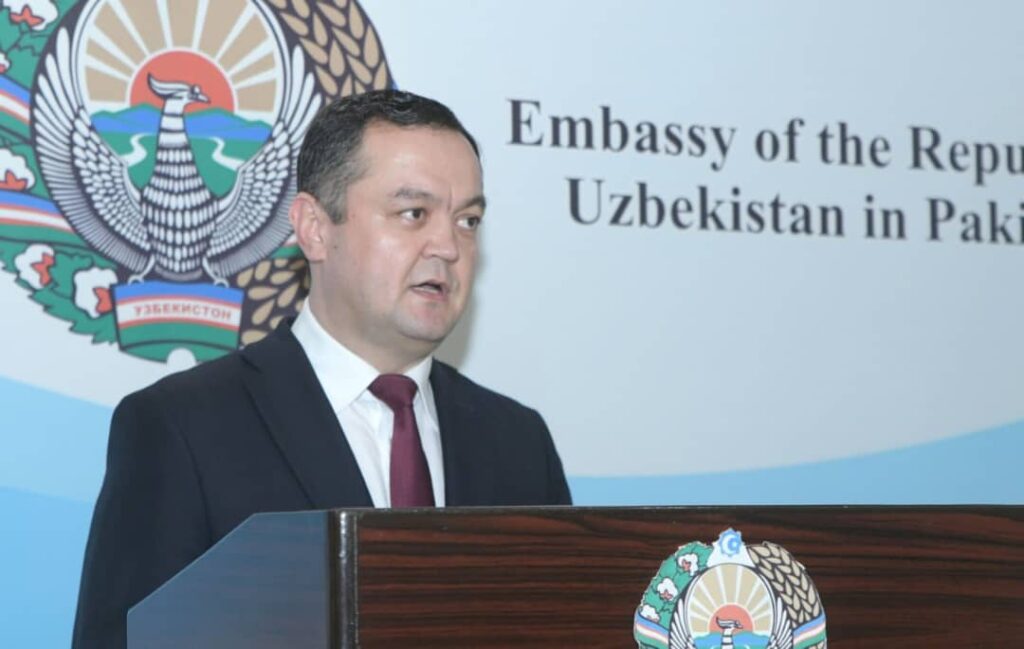
For centuries, the Uzbek language has served as a cultural bridge, uniting various ethnic groups and peoples who have lived on this land. It has fostered the development of literature, art and science, making our contributions to global culture invaluable.
The Government of the Republic of Uzbekistan places special emphasis on strengthening and promoting the Uzbek language, both domestically and internationally. Numerous initiatives have been implemented to develop education in the Uzbek language, support young writers and create opportunities for preserving linguistic heritage.
The law adopted 35 years ago which laid the foundation for the status of the Uzbek language, and much has been done since then to popularize it.
Thanks to the efforts of our Government and civil society organizations, the Uzbek language has become an integral part of all aspects of our life – from education to the media.
The Uzbek language continues to thrive, and even abroad, including here in Pakistan, favorable conditions are being created for learning it. The Dictionaries are being published and various modern IT programs are being developed.
As a result of strengthening the bonds of friendship between our nations, with roots that go back thousands of years, our languages have also enriched each other. A testament to this is the Uzbek-Urdu Dictionary of Mushtarak Words, compiled by the Uzbek scholar Ansoriddin Ibrohim. There are more than 4,000 similar words in Uzbek and Urdu languages, which foster understanding between our brotherly peoples.
The Uzbek Language Learning Center was established in 2005 at the National University of Modern Languages. Today, Ms. Saniya Iskanova, a representative of this Center joined to us and we extend our special gratitude to her for teaching the Uzbek language to our Pakistani friends.
I am confident that in the future, we will continue to work on ensuring that the Uzbek language continues to grow and flourish as a cornerstone of our culture and identity. For in this, we find not only our past, but also the future of our people.
Ladies and Gentlemen,
Let me to share a few thoughts on the great Mirzo Ulughbek, his scientific legacy and role in the history and spiritual life of the Uzbek People.
Mirzo Ulughbek was a great Uzbek scholar, thinker and statesman whose name is forever inscribed in the history of world civilization and science.
He was not only a great ruler of the Timurid Dynasty but also an outstanding scholar whose achievements had a profound impact on the development of astronomy, mathematics as well as education.
His greatest achievement was the establishment in the early 15th century of one of the most famous observatories in the world – the Samarkand Observatory.
The Observatory became a center of scientific research, where Mirzo Ulughbek and his research-students made groundbreaking discoveries. Among these was the renowned astronomical catalog “Ziji Jadid-e Kuragoni” which accurately described the positions of 1,018 stars.
This work not only amazed his contemporaries but remained a benchmark for scholars from various countries for centuries. Mirzo Ulughbek showed that science knows no boundaries, and his works inspired subsequent generations of astronomers.
However, his contributions were not limited to science. Mirzo Ulughbek was a true educator who understood the importance of knowledge for society. In his famous madrasa in Samarkand, he gathered the best scholars of the time, fostering the development of science, education, and culture in the region. Under his guidance, Samarkand became one of the largest intellectual centers of the world.
Mirzo Ulughbek laid the foundations of the scientific method, based on observation and precise calculations, which became a crucial step in the advancement of modern science. His discoveries, made more than five centuries ago, remain relevant today, highlighting the genius of this great man.
His life is a shining example of how a passion for knowledge and science can change not only one’s own era but also influence the future of all humanity. Mirzo Ulughbek left an indelible mark on world science and culture. His name has become a symbol of the quest for truth and knowledge.
We are proud that Mirzo Ulughbek is an integral part of our historical and cultural heritage, and his scientific achievements continue to inspire scholars worldwide today, including renowned Pakistani astronomers like Muhammad Shahid Qureshi, Maulana Muhammad Musa Bazi Rouhani, Sami Khan Solanki, and others.
Thank you very much for your attention!
